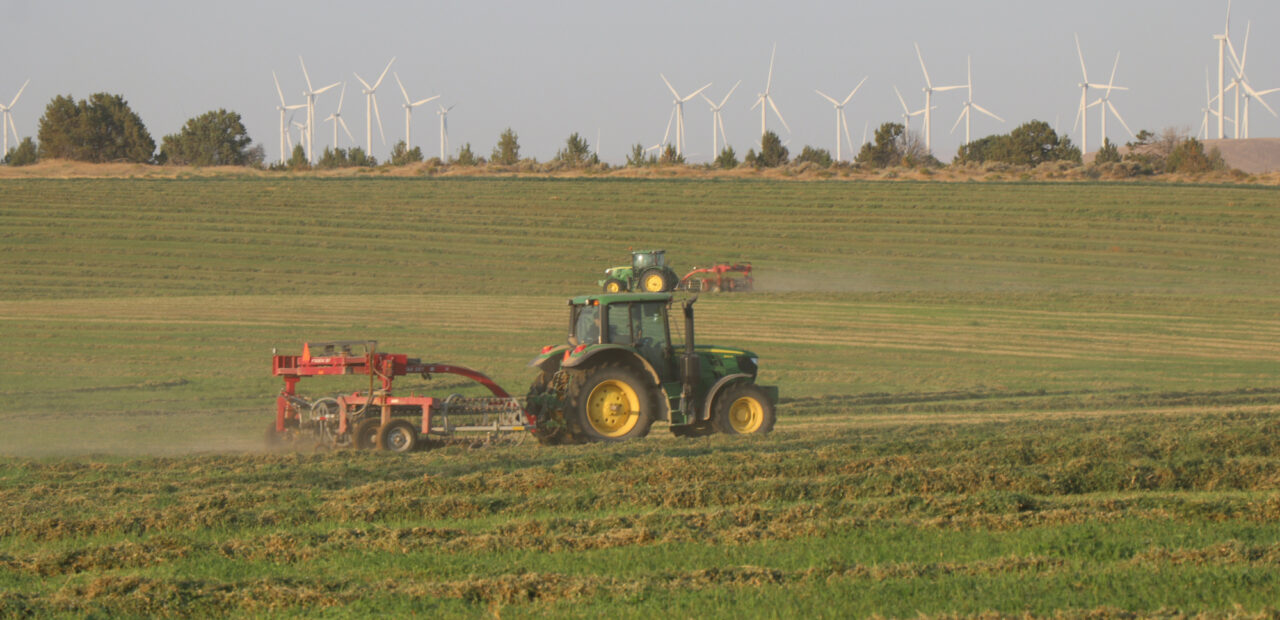At Threemile Canyon Farms, being good stewards of the land is at the heart of everything we do. We recognize that the health of our soil, water, and ecosystems is essential both for today’s harvests and for future generations. Our commitment to sustainable farming practices ensures that we responsibly manage natural resources while producing high-quality food. By integrating conservation-minded farming practices and innovative technologies, we strive to maintain a balanced, thriving environment that supports both our farm and the community we call home.

Keeping Sustainability and Stewardship Front and Center
We have been implementing what is now called regenerative ag practices for decades. We believe in a farming approach that protects and improves soil health, biodiversity, and water resources for generations to come. We also believe that these practices allow us to ensure long-term business viability by supporting productivity and efficiency.
From our responsible water management and zero-waste discharge commitment to our highly efficient closed-loop system, we have integrated the highest standards of practice throughout the farm.
Our team is guided by experience, science, and a passion for farming to use the most sustainable and effective techniques to manage resources, control pests and diseases, and ultimately grow the highest quality crops to feed the planet.
Throughout our farm and dairy, we have always worked towards increasing our productivity with consistent or fewer resources, sometimes referred to as sustainable intensification. We have used precision agriculture technologies such as soil moisture sensors, GPS mapping, aerial photography to optimize inputs (water, fertilizer, etc.) and avoid waste. Our closed-loop system ensures our dairy and crop farms continually sustain and improve one another and ultimately lessen our impact on the land we care for.
